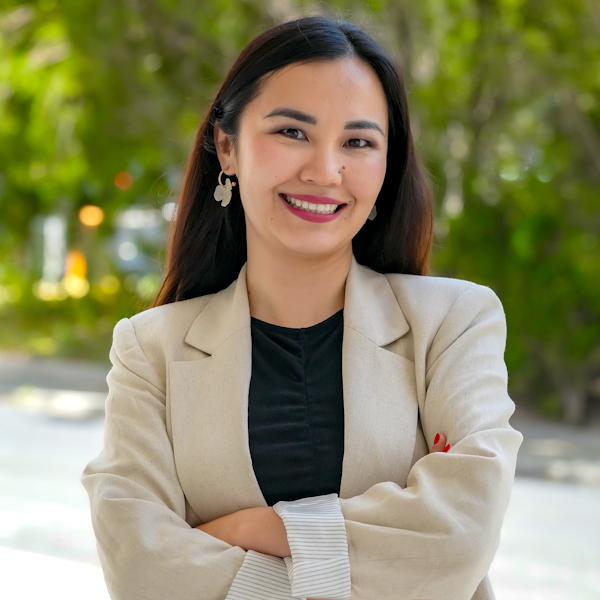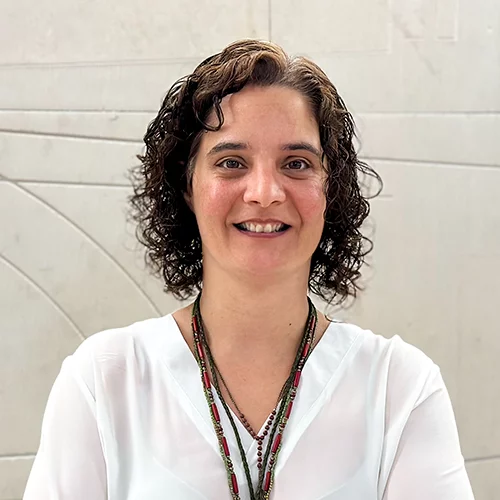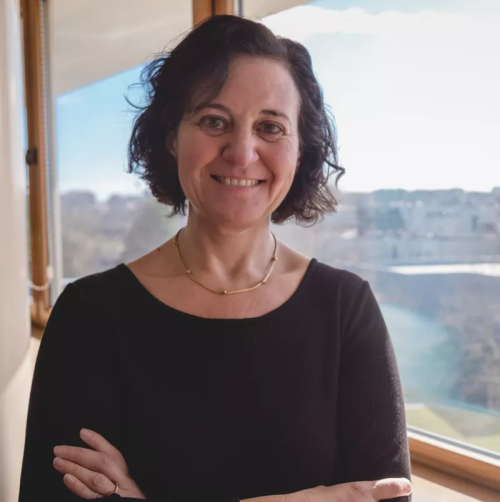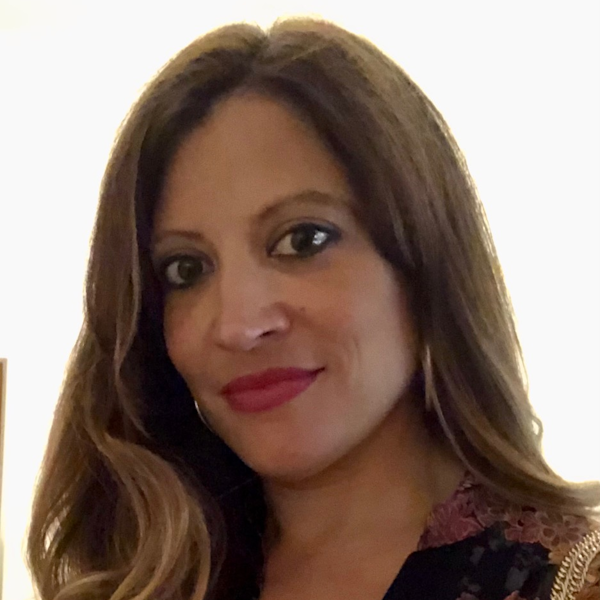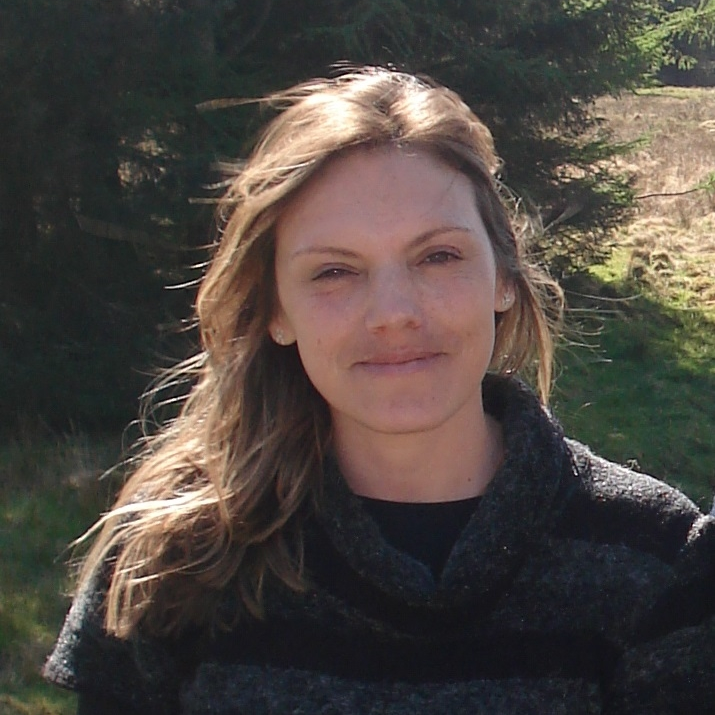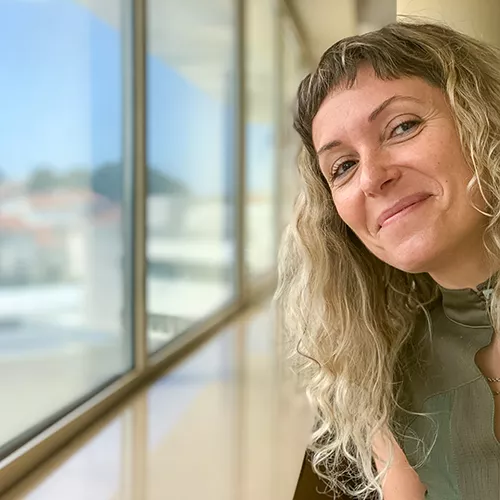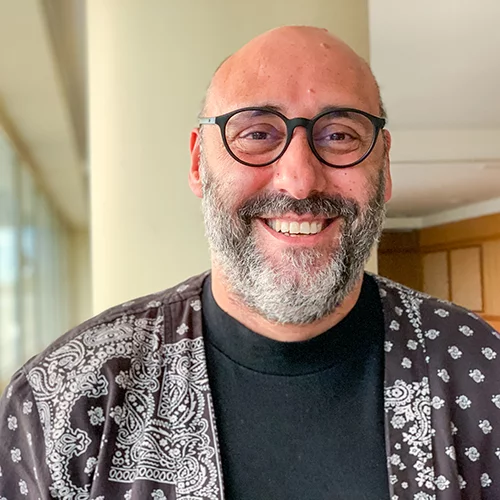EuRica
- Acronym: EURICA
- Project Title: Europe ritual cuisine– digital presentation and preservation
- Project Reference: 2020-1-BG01-KA202-079046
- Funding Programme: ERASMUS +
- Key Action: Cooperation for innovation and the exchange of good practices
- Action Type: Strategic Partnerships for higher education
- Coordination: BURGASKI SVOBODEN UNIVERSITET (BG)
- Project’s Total Funding: 279.172 €
- Start Date: 01/11/2020
- End Date: 31/03/2023
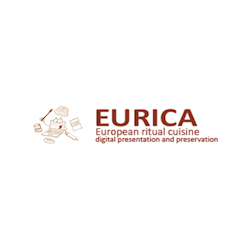
Objectives
EuRiCa Project strives to contribute and foster the preservation of the ritual cuisine, its ethnocultural traits, as well as the folklore and traditions connected with it.
Characteristic of any ethnic group, its foods were also a product of its folklore and religious traditions. In modern times, as links between different nationalities become more accessible, there is a serious “modernization” of traditional cuisine. Through the internet, the cuisine of the peoples from all over the world is accessible to anyone, whether resident in a small village or in a city.
Through the development of a methodology for digitization and creation of digital representations of ritual recipes, the project aims to integrate ritual food into the virtual culture space of Europe and thus make it globally accessible.
Researchers
Target Group
- Vocational education and training organizations
- Cultural Organizations
- Museums
- Universities, colleges and other providers of cultural education
- Professional associations
- Representatives of local and national authorities related to culture
- Institutions responsible for educational and cultural policy at local and national level
- Ministries responsible for education and culture
Intellectual Outputs
A digitalization procedure guide that proposes an appropriate methodology for the development / improvement of the knowledge, skills and competences of the target groups which are of fundamental importance in regards to creating digital presentations of ritual food recipes and providing global accessibility of these presentations.
An e-training course developed based on the guidelines developed in the previous output, in order to match the needs of the target group. The course is composed of four modules that are provided through moodle and asynchronous learning.
Structure of the developed course:
Module 1: Ritual recipes and their documentation via usage of new digital technologies;
Module 2: Theory and basic practice of photography and video;
Module 3: Editing of digital representations of ritual recipes (photo, audio, video);
Module 4: Publishing of digital representations of ritual recipes.
Creation of the presentation channel, where a collection of five digitized ritual recipes from all partner countries will be published (YouTube Channel, Facebook page and other social media), aiming to disseminate and preserve traditional gastronomy associated with a ritual, thus decreasing its risk of loss. These recipes will be available in the European virtual space, with easy access and global visibility.
Development of recommendations on how to use the content taught in the developed course for application in other intangible cultural heritage domains. The differences from the other approaches used will be described in detail together with explanations on how the proposed methods should be modified and adapted in order to fit best on the requirements of the other cultural domains. This output aims to extend the dissemination process to several intangible cultural heritage elements and thus maximize the valorization, through differentiation, of a respective country.
Partners
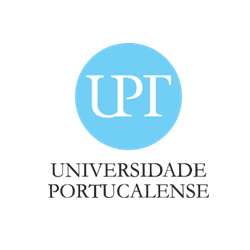
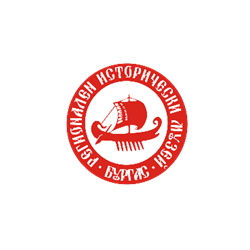
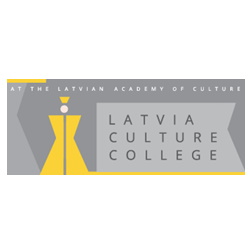
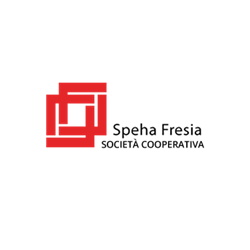
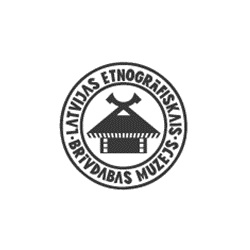
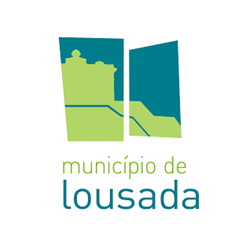
Links


